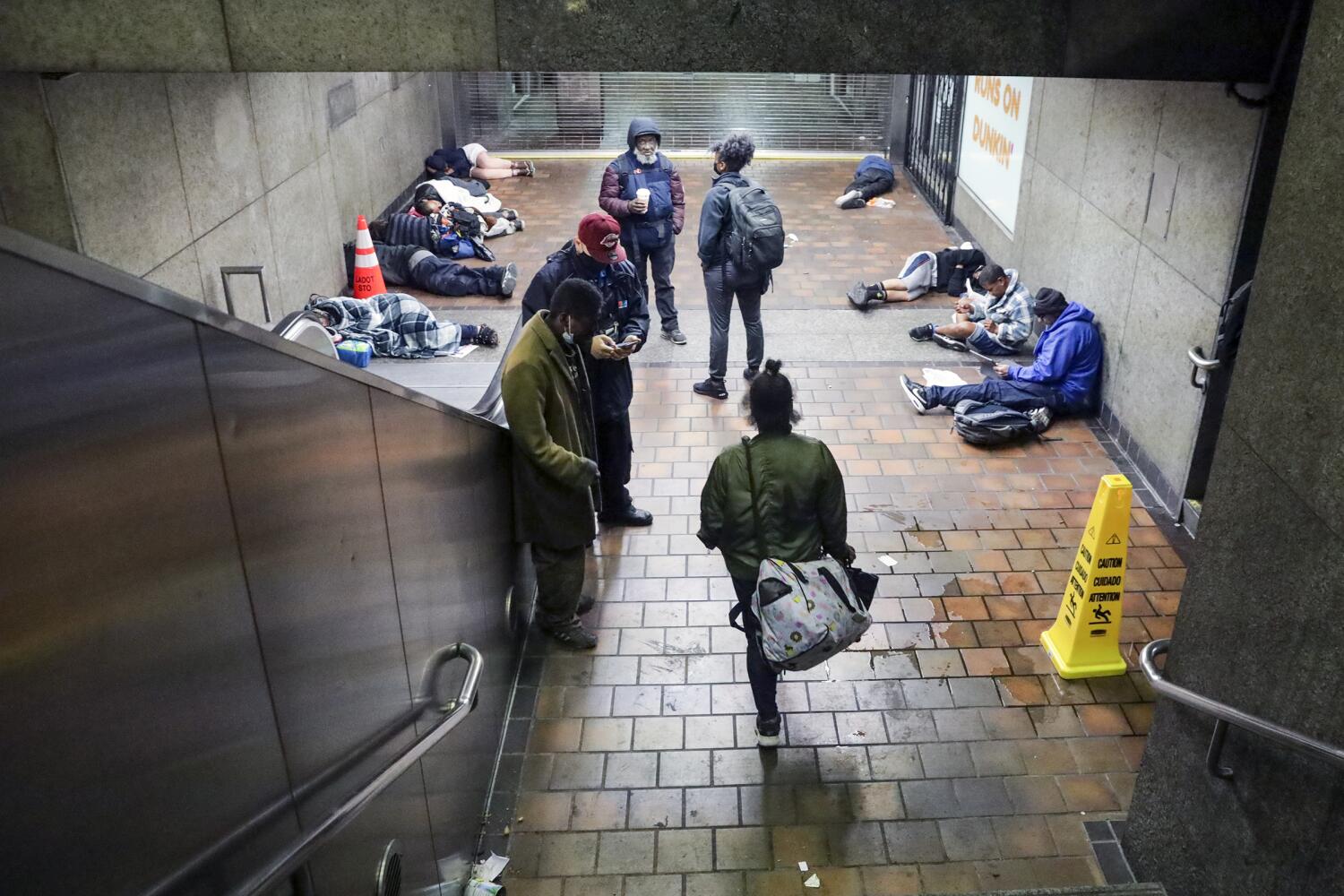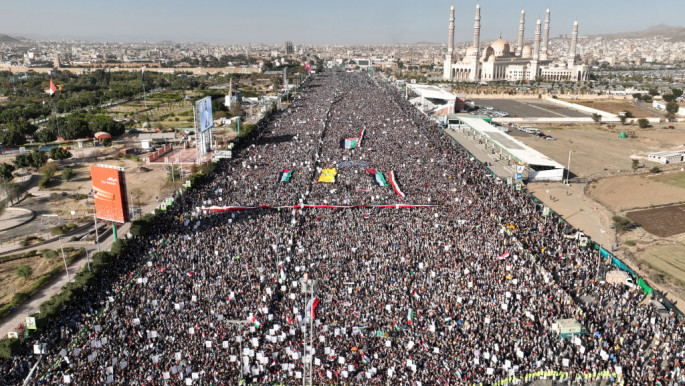NEW YORK, 5 January 2024 – Children in the Gaza Strip face a deadly triple threat to their lives, as cases of diseases rise, nutrition plummets and the escalation in hostilities approaches its fourteenth week.
Thousands of children have already died from the violence, while living conditions for children continue to rapidly deteriorate, with increasing cases of diarrhea and rising food poverty among children, raising the risk of mounting child deaths.
“Children in Gaza are caught in a nightmare that worsens with every passing day,” said Catherine Russell, UNICEF’s Executive Director. “Children and families in the Gaza Strip continue to be killed and injured in the fighting, and their lives are increasingly at risk from preventable diseases and lack of food and water. All children and civilians must be protected from violence and have access to basic services and supplies.”
Cases of diarrhea in children under five years of age rose from 48,000 to 71,000 in just one week starting 17 December, equivalent to 3,200 new cases of diarrhea per day. The significant increase in cases in such a short timeframe is a strong indication that child health in the Gaza Strip is fast deteriorating. Before the escalation in hostilities, an average of 2,000 cases of diarrhea in children under five were recorded per month. This recent climb represents a staggering increase of about 2000 per cent.
Since the Integrated Food Security Phase Classification warned of the risk of famine in the Gaza Strip in late December, UNICEF has found that an increasing number of children are not getting their basic nutrition needs met. About 90 per cent of children under two years of age are consuming two or fewer food groups, according to a UNICEF survey conducted on December 26. This is up from 80 per cent of children compared to the same survey conducted two weeks earlier. Most families said their children are only getting grains – including bread – or milk, meeting the definition of “severe food poverty”. Dietary diversity for pregnant and breastfeeding women is also severely compromised: 25 per cent only consumed one food type the day before, and almost 65 per cent only two.
The deteriorating situation is raising concerns about acute malnutrition and mortality breaching famine thresholds. UNICEF is particularly worried about the nutrition of over 155,000 pregnant women and breastfeeding mothers, as well as more than 135,000 children under two, given their specific nutrition needs and vulnerability.
When combined and left untreated, malnutrition and disease create a deadly cycle. Evidence has shown that children with poor health and nutrition are more vulnerable to serious infections like acute diarrhea. Acute and prolonged diarrhea seriously exacerbates poor health and malnutrition in children, putting them at high risk of death.
The conflict has damaged or destroyed essential water, sanitation and health systems in the Gaza Strip, and has limited the ability to treat severe malnutrition. In addition, displaced children and their families are unable to maintain the necessary hygiene levels needed to prevent disease, given the alarming lack of safe water and sanitation, with many resorting to open defecation. Meanwhile, the very few functioning hospitals are so focused on responding to the high number of patients injured in the conflict that they are unable to adequately treat disease outbreaks.
Since the outset of the conflict, UNICEF has been delivering vital supplies to the Gaza Strip, including vaccines, medical supplies, hygiene kits, ready-to-use infant formula, specialized supplementary food, nutrient supplements, and ready-to-use therapeutic food for the early prevention and treatment of acute malnutrition. UNICEF has also delivered fuel, water, water tanks and jerry cans, mobile toilets, tarpaulins, tents, winter clothes and blankets.
UNICEF is calling for the resumption of commercial traffic so the shelves of shops can be restocked, and for an immediate humanitarian ceasefire to help save civilian lives and alleviate suffering.
“UNICEF works to provide the life-saving aid the children of Gaza so desperately need. But we urgently need better and safer access to save children’s lives,” said Russell. “The futures of thousands more children in Gaza hang in the balance. The world cannot stand by and watch. The violence and the suffering of children must stop.”
#####





